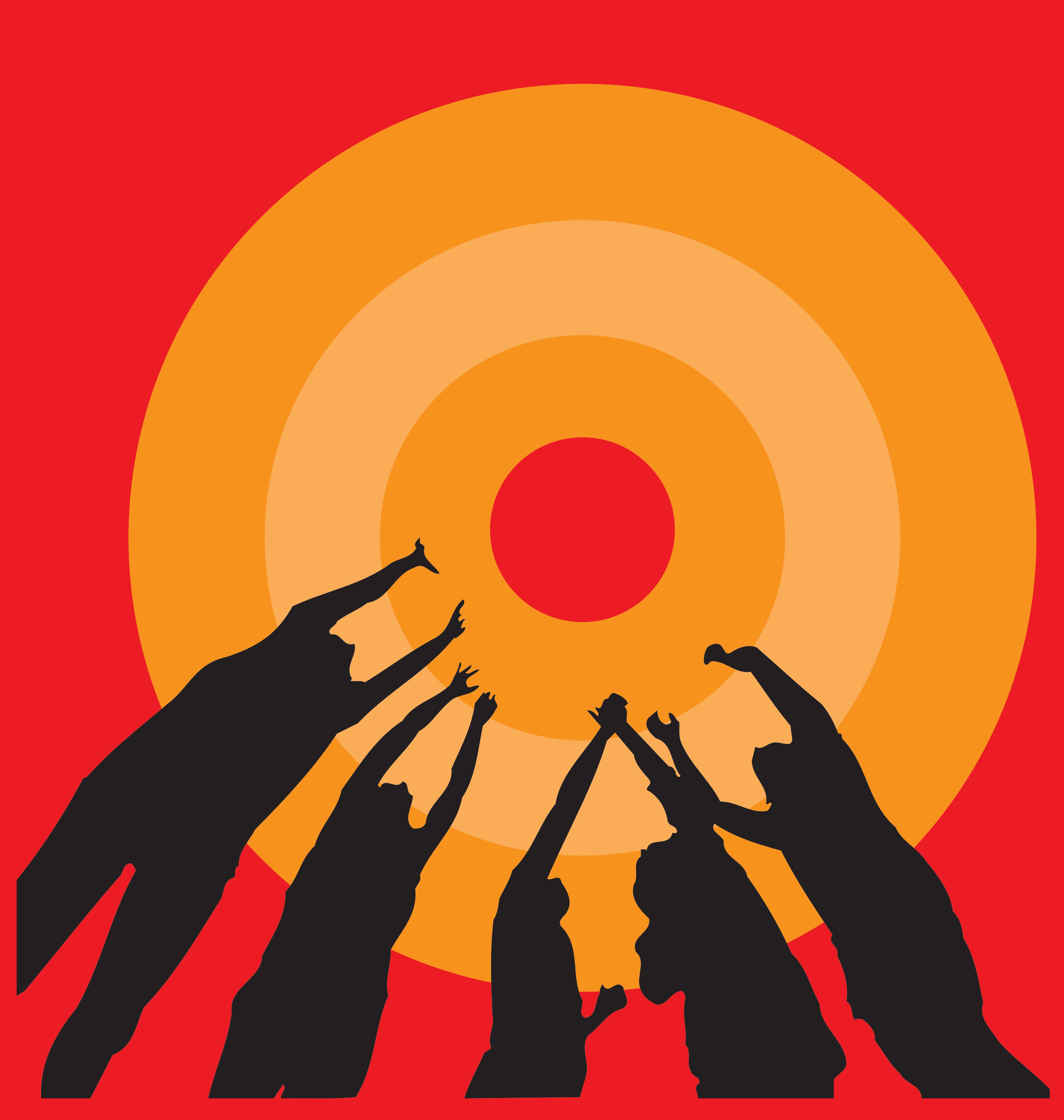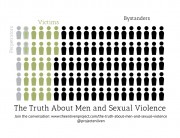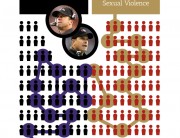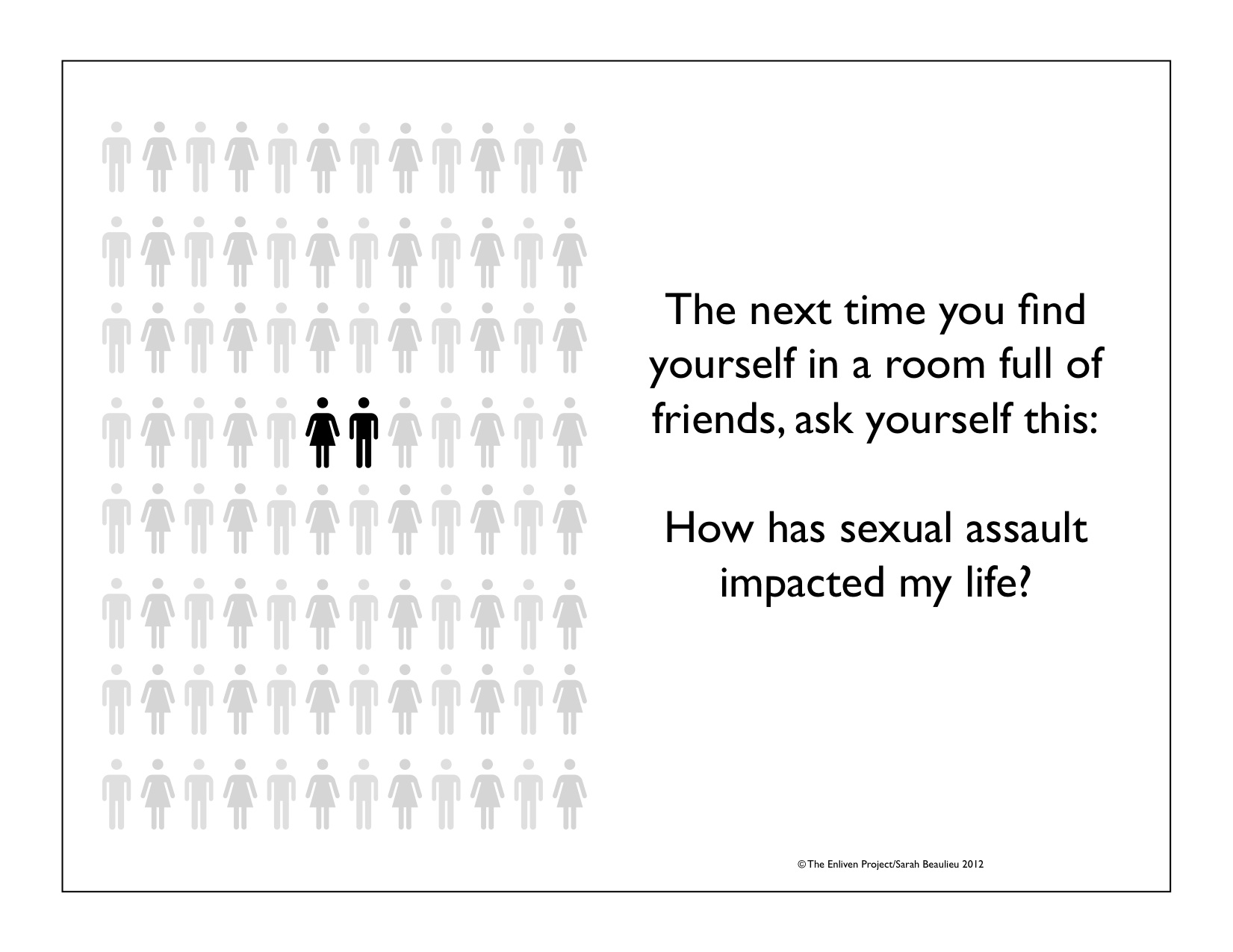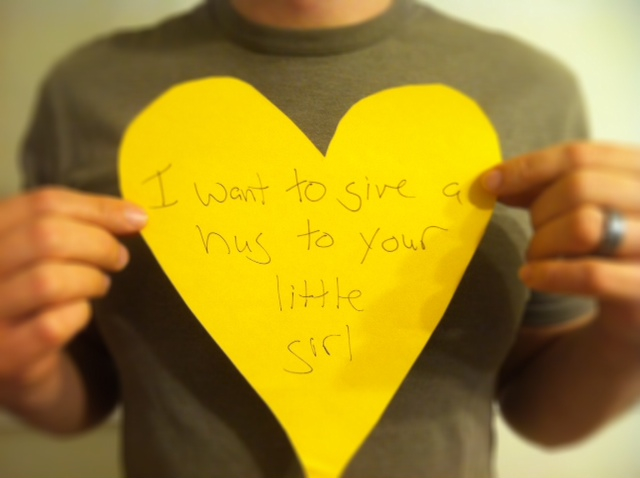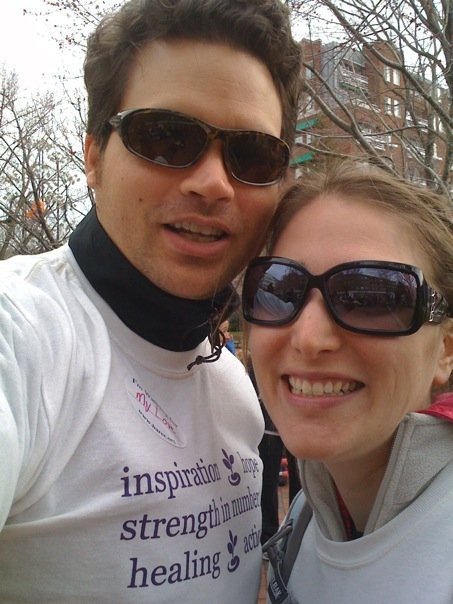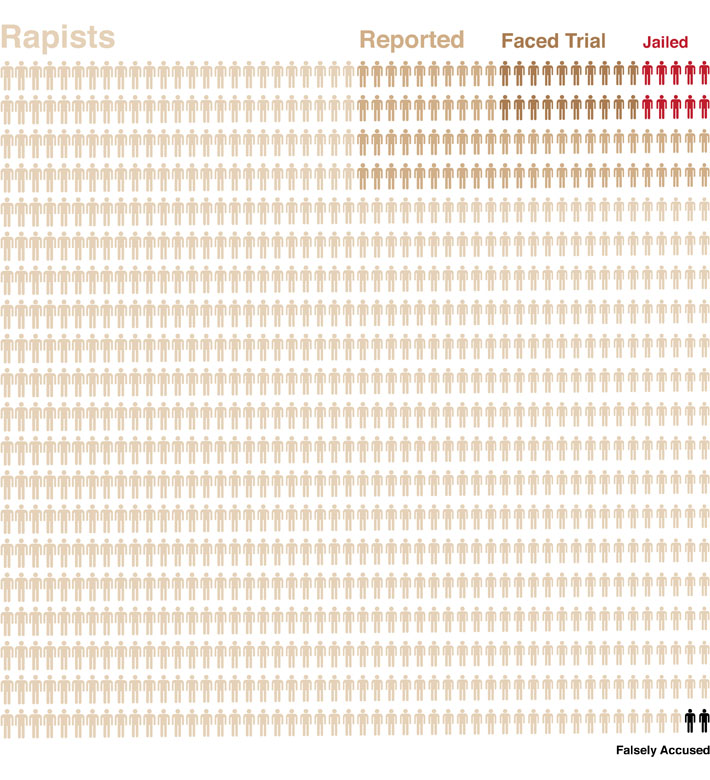This week, I tried to help a blind man on the subway. I say tried because whatever I did was totally not helpful at all, despite my best intentions.
I was waiting to get on a busy rush hour train as I saw a man with a white cane exiting from the subway car. He was asking – to no one in particular – how to get to the Red Line. Lots of people were staring, but no one was responding so I said, “It’s to your right.”
Of course, as I said this, he turned towards me so the Red Line wasn’t actually to his right anymore. It was behind him.
Yes, but WHICH WAY? He said, sounding rather annoyed.
Um, turn around 180 degrees but you have to go down a flight of stairs.
He sighed, exasperated, turned to his right and proceeded to walk into a wall while I just stood there.
FAIL.
Luckily, a man more capable of helping than me approached him, gave him an elbow, and walked him down the stairs to get to the appropriate train.
I stood there feeling helpless, ashamed, and kind of like a big idiot. How did I not know how to help a blind person? What’s wrong with me? It seemed like there were a number of ways one could react, none of which quite felt right to me:
- Be mad at all blind people and write them off, since this guy seemed annoyed at me when I tried to help.
- Conclude that blind people are basically un-helpable, and never offer to help again.
- Be scared of being unhelpful in the future and ignore the fact that blind people exist.
- Feel so ashamed of myself for my actions that I turn away every time I see another blind person.
Or, I thought, I could try to educate myself on how to help blind people on the subway by using the power of the internet! Sadly, this was much harder than I anticipated. My initial search lead to a bunch of news stories about blind people falling to their deaths on the subway tracks. Further digging led to disability advocacy groups and organizations, but even after about 15 minutes of searching, I couldn’t find any practical instructions or guidance around what I did wrong and what I could do less wrong in the future.
But even if I had found a forum to ask a question, I probably would have been afraid to ask it. What if everyone thought I was stupid and ignorant for not already knowing the answer? What if I asked the question in an offensive way?
And then I paused, and realized that this is how men and women must feel when they are trying to support survivors of sexual violence. Maybe they initially said the wrong thing and someone got mad at them. Maybe they are afraid of saying or asking something stupid. Maybe they are just feeling generally helpless about the situation.
Luckily, there are easy to find resources with guidance on supporting survivors of sexual violence. And it’s also important to remember that you don’t actually have to be a survivor to seek help from any rape crisis center or sexual assault hotline. You can just be a concerned or prepared community member.
But it’s also a reminder that many people retreat after failing to help the first time they are asked. Like for me, I wish I had known more about what I was supposed to do to help this blind man find the right subway. And while I can certainly do better next time, that’s not going to help this particular man who walked into a wall because of me.
While crisis response is important, so is prevention and awareness. We need to give people the social and emotional skills to respond to people in trauma and crisis, and not to turn away from survivors of sexual assault.
Shame is a hard emotion to deal with, as a survivor or as a well-intentioned but unhelpful ally. My hope is that more spaces and places like The Enliven Project can help survivors – and their loved ones – break the shame spiral, and find practical ways to talk about sexual violence prevention, intervention, and recovery.




